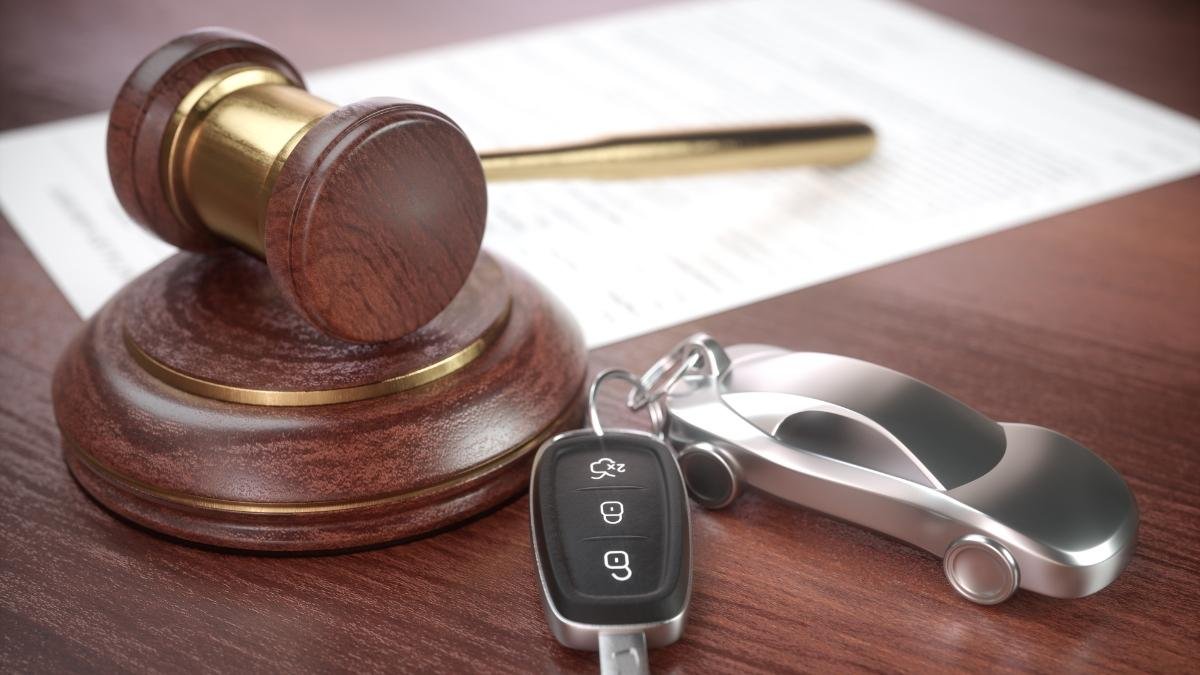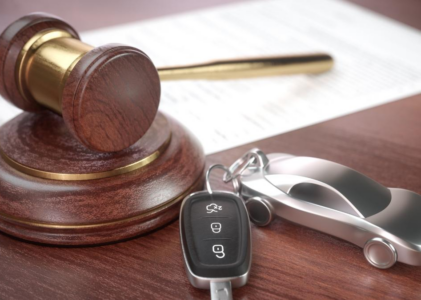As the automotive industry constantly evolves, used car auctions are becoming increasingly popular for both professional buyers and private individuals. These events offer a vast array of vehicles at competitive prices and can be an excellent opportunity to find high-quality cars, trucks, and motorcycles from trusted sources. This guide will help you navigate the world of used car auctions, providing tips and tricks to ensure you leave the auction with a reliable vehicle and peace of mind.
Familiarize Yourself with Auction Terminology
Before diving into the world of used car auction, it’s essential to understand common lingo to make informed decisions and communicate effectively with auction staff. Here are some key terms to get acquainted with:
- Absolute Auction: A type of auction without any reserve price, meaning the highest bidder takes home the vehicle regardless of the bidding amount.
- Reserve Price: The minimum predetermined price set by the seller, which must be met or exceeded for the vehicle to be sold.
- Buyer’s Premium: A fee paid by the winning bidder in addition to the final bid, calculated as a percentage of the purchase price.
- Opening Bid: The first bid placed on a vehicle during an auction.
- Proxy Bidding: A service offered by some auction houses, allowing buyers to place their maximum bid ahead of time, letting the auctioneer bid on their behalf up to that amount.
You may also come across additional terms not listed here; don’t hesitate to ask auction staff for clarification if needed.

Do Your Homework on Available Vehicles and Market Values
Before attending a used car auction, it’s vital to research the available vehicles and their market values. This will help you establish a realistic budget, make informed decisions, and avoid overpaying for your desired vehicle.
- Review Auction Listings: Browse the auction house’s website or catalog to familiarize yourself with the offered cars, trucks, and motorcycles. Take note of any vehicles that pique your interest and gather as much information about them as possible.
- Determine Current Market Value: Search online listings, classifieds, and industry guides to gauge average prices for the makes, models, and years you’re interested in. Comparing these figures to auction bidding amounts ensures you get a great deal.
- Factor in Additional Expenses: Be mindful of auxiliary costs like buyer’s premiums and transportation fees. These should be included in your total budget, so you can bid confidently without breaking the bank.
Inspect Vehicles Thoroughly Before Bidding
A critical step in buying a used car at auction is performing a thorough inspection of your prospective purchases. While some auctions provide limited time for buyers to examine vehicles closely, doing so will minimize future headaches and give you the confidence to place your bid.
- Exterior: Check for dents, scratches, rust, uneven panel gaps, or signs of prior accident damage. Assess the condition of tires, wheels, and glass surfaces.
- Interior: Look for excessive wear and tear on seat fabrics, dashboard components, and floor mats. Test electronic features like power windows, air conditioning, and entertainment units.
- Under the Hood: Inspect the engine bay for signs of leaks, corrosion, or cracks. Ask a knowledgeable friend or professional mechanic to join you if you’re uncertain about what to look for.
- Documentation: Review available maintenance records, registration documents, and ownership history; this information can provide critical insights into how well the vehicle has been cared for throughout its life.
If you’re unable to inspect vehicles in person, consider hiring a pre-purchase inspection service or asking someone you trust who lives near the auction location to do it on your behalf.
Setting Your Maximum Bid and Establishing Self-discipline
Before entering an auction, establish your maximum bidding threshold based on your research and budget allowance. This figure should include any added fees such as buyer’s premiums and transportation costs. While the excitement of an auction can encourage spontaneous decisions, exercising self-discipline is crucial to avoid overbidding and the financial strain that may follow.
Select Reputable Auction Companies and Payment Methods
Opt for auctions with a proven track record for conducting fair transactions, showcasing high-quality used cars, and providing exemplary customer support. Ask fellow professionals, browse online forums, and read reviews to identify reputable organizations.
- Secure Payment Methods: Ensure the auction house offers secure payment options and clear instructions for handling funds. Be wary of unknown third-party services and always opt for bank transfers or known transaction platforms for increased protection.
- Buyer Protection Programs: Some auction companies offer specific warranties, return policies, or contingencies for post-sale issues. While not a replacement for diligent vehicle inspections, these programs may provide added peace of mind when purchasing from auctions.
Always Have a Backup Plan
Despite your best efforts, there’s no guarantee you’ll walk away with the perfect used car on your first visit to an auction. Be prepared for disappointment and maintain flexibility in your choices. Perhaps broaden your search to different models or consider attending multiple auctions to increase your chances of finding the ideal vehicle at the right price.


